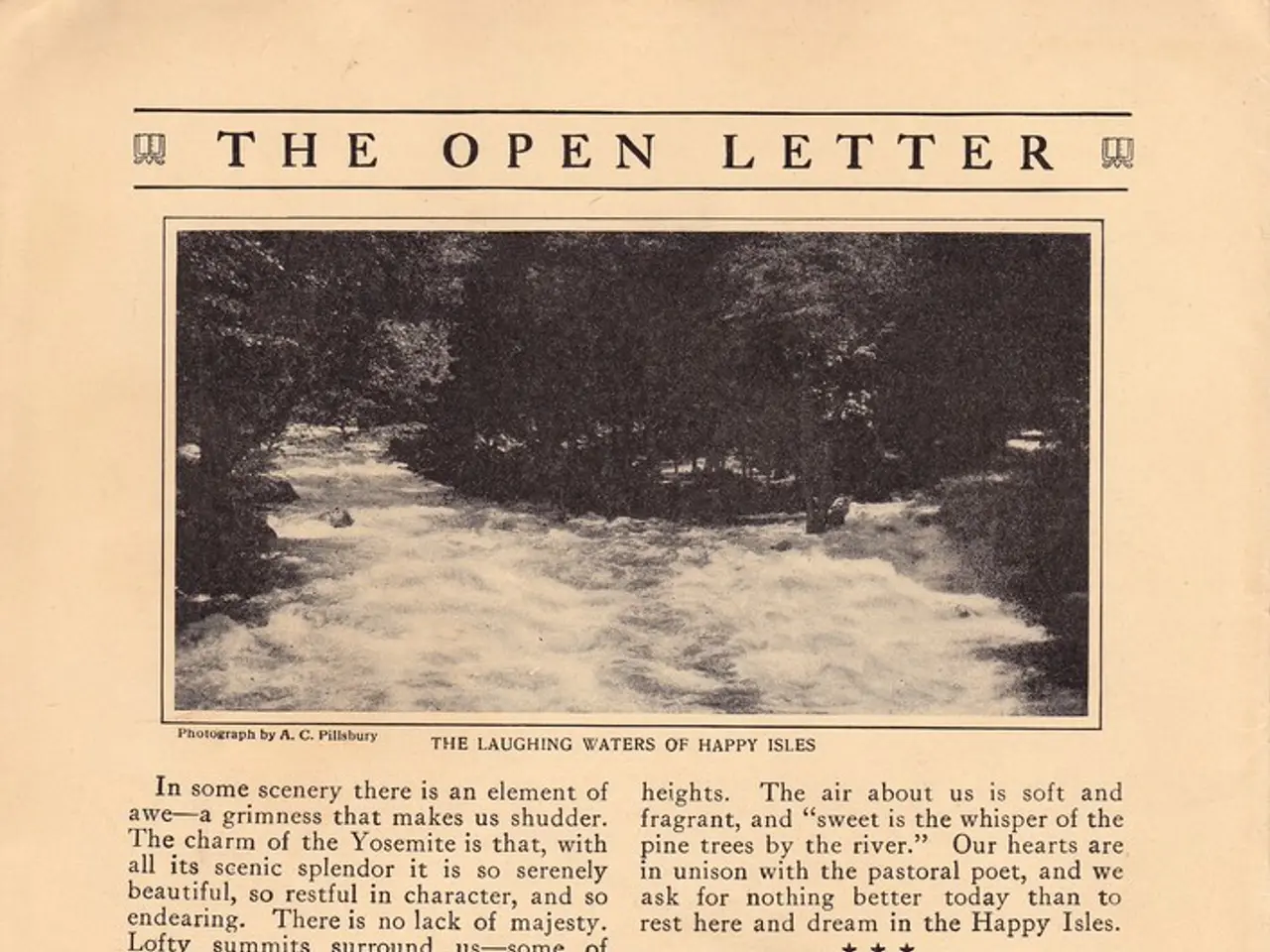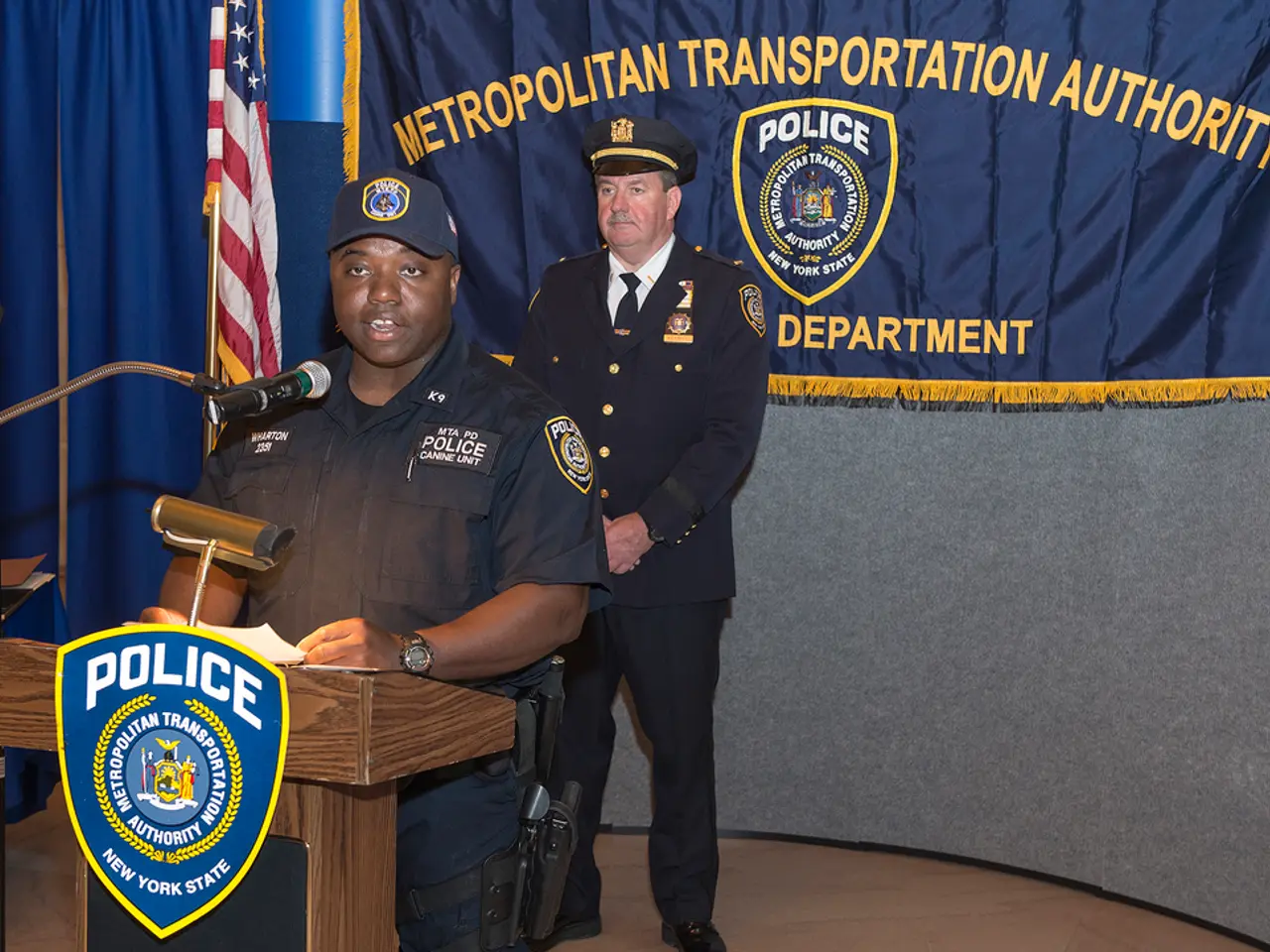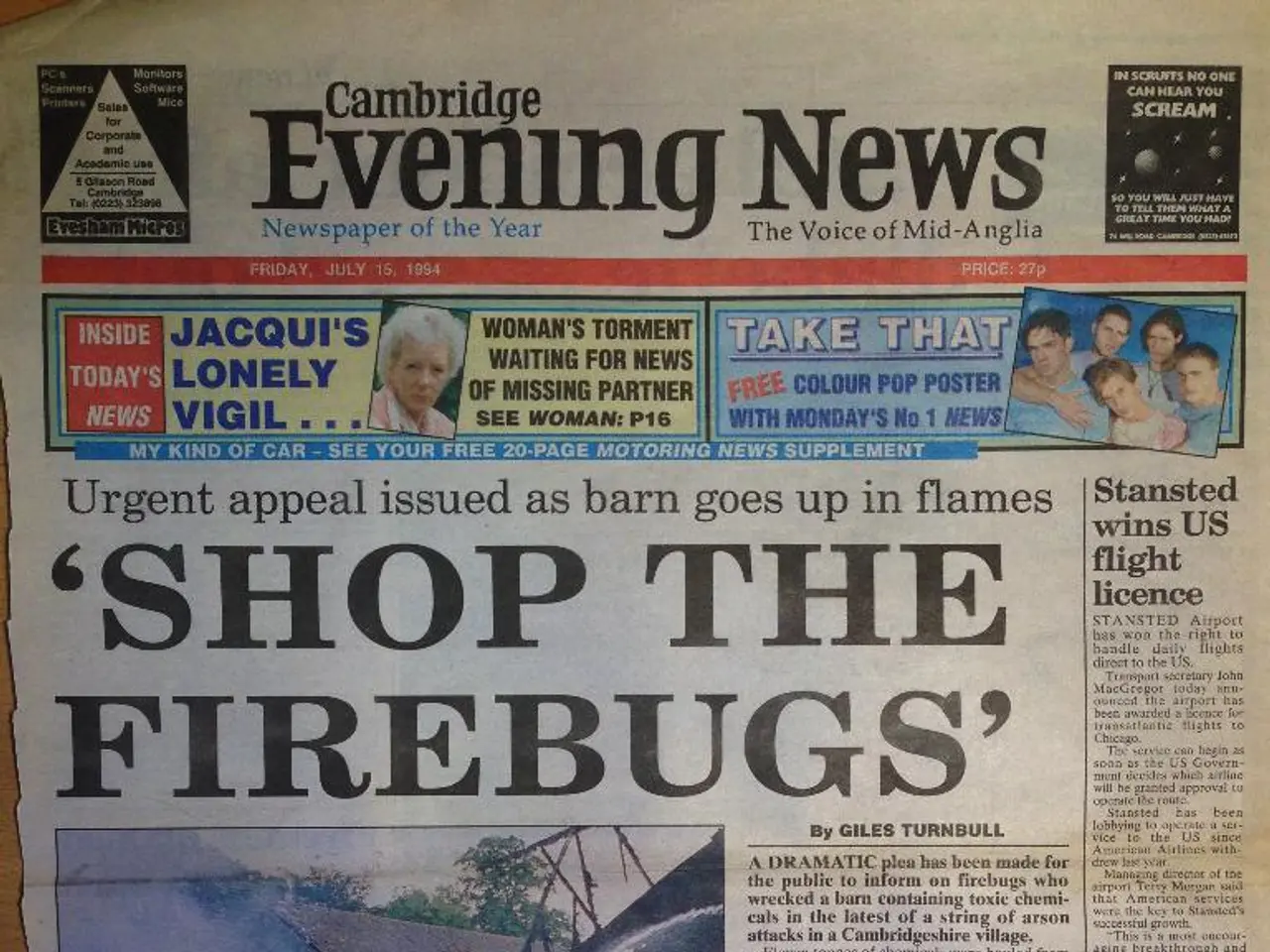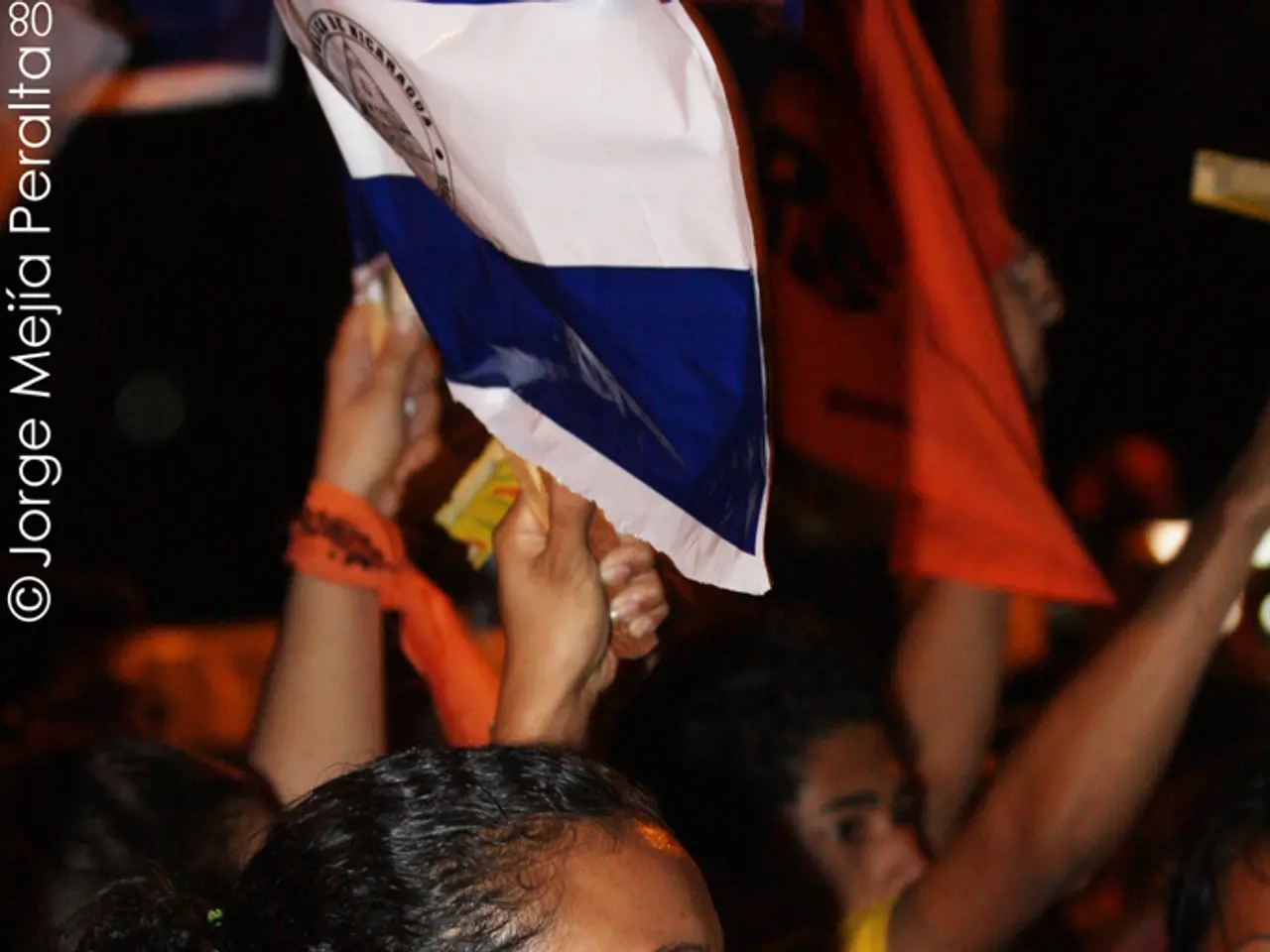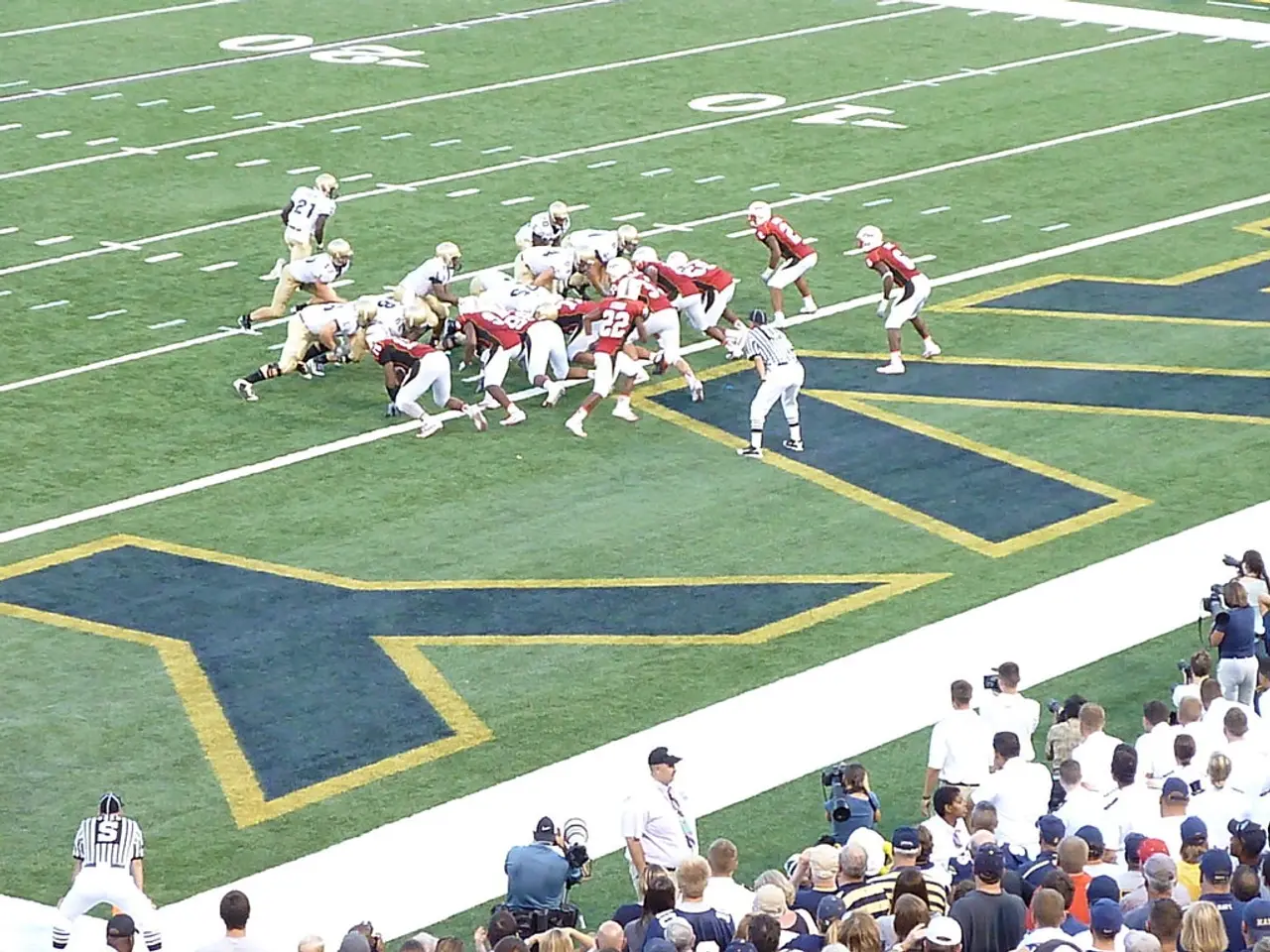From lavish coronation spectacle to the issues facing modern Britain under King Charles III's reign.
In the heart of the 21st century, the British monarchy continues to serve as a symbolic and unifying head of state in the parliamentary democracy of the United Kingdom. Despite holding no governing power, the monarchy remains a powerful cultural symbol, providing a sense of historical continuity amidst contemporary change.
The upcoming coronation of King Charles III is set to mark a new chapter in this enduring institution's history, signifying an attempt to balance royal tradition with modern societal challenges. This event, set to take place under the banner "Charles III, Year I," has dominated the front pages of newspapers and sparked discussions across the nation.
Religious ceremonies, such as the coronation, remain crucial symbolic rituals that connect the monarchy to the Church of England. The coronation ceremony of King Charles III will be strictly liturgical and religious, affirming the monarch's role as the "defender of the faith." However, it is important to note that these ceremonies do not confer political power; instead, they reinforce tradition and continuity in a modern democratic context.
The impact of the monarchy on society and the political landscape is multifaceted. It provides a cultural symbol of British history and identity, fostering social cohesion. However, the monarchy also faces challenges regarding legitimacy and relevance, as public opinion and societal values evolve. Some view the monarchy as a relic of an outdated class system, while others appreciate it as a focus for national unity and public celebration.
Politically, the monarchy's role is firmly limited, with Parliament holding ultimate authority. The monarch regularly opens Parliament and performs ceremonial duties but must act on the advice of ministers in a democracy where real power is held by elected representatives.
The coronation of King Charles III is expected to serve as a soft diplomacy tool, similar to James Bond or pop music, furthering the British monarchy's exceptional ability to attract global attention and media mobilization. Notably, this coronation will be unprecedented due to the attendance of Sinn Féin leaders, an Irish Catholic party with a history of advocating for Northern Ireland's exit from the United Kingdom.
In a move towards inclusivity, King Charles III has introduced mentions of the freedom to practice other religions and beliefs in the coronation liturgy. This reflects the growing awareness and exploitation of the appeal of the monarchy, as well as the United Kingdom's exceptional organization of ceremonial events.
However, it is important to remember that the British monarchy is unique in a European liberal democracy, being the only European monarchy that maintains the coronation. This event, while steeped in tradition and religious symbolism, serves as a festival in a country without an official national holiday, further emphasizing its role as a cultural and historical touchstone.
In conclusion, the British monarchy today is a constitutional institution that upholds historic religious ceremonies like the coronation as a link to the past, but its practical role is symbolic rather than political. This contributes to societal identity and stability but also subjects the institution to debate about its place in a modern democratic society. The coronation of King Charles III will undoubtedly be a significant event, marking a new chapter in the evolving story of the British monarchy.
- The coronation of King Charles III, scheduled for his Year I, is anticipated to demonstrate a balance between traditional royal practices and modern societal issues, as the event has already ignited extensive discussions in newspapers and across the nation.
- Despite the upcoming coronation serving as a soft diplomacy tool, attracting global attention, and being a focus for national unity, the British monarchy continues to face challenges regarding its legitimacy and relevance in a rapidly evolving societal landscape.
- In the context of policy-and-legislation and politics, the monarchy's role remains strictly symbolic, with Parliament holding ultimate authority and the monarch acting on the advice of ministers within a democratic framework.
- The coronation, while steeped in religious symbolism, plays a significant role in the general-news and pop-culture landscape of the United Kingdom, particularly given the unprecedented attendance of Sinn Féin leaders, further emphasizing its unique position within the European liberal democracies in a contemporary setting.

